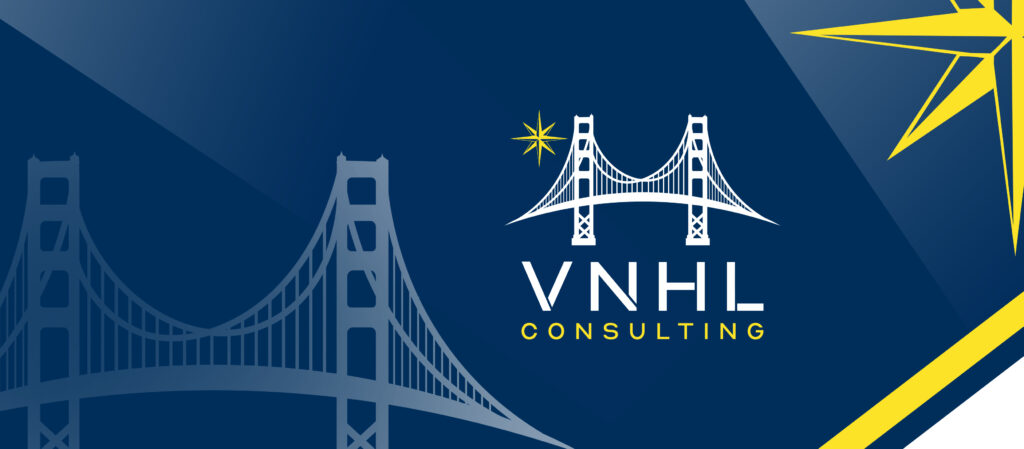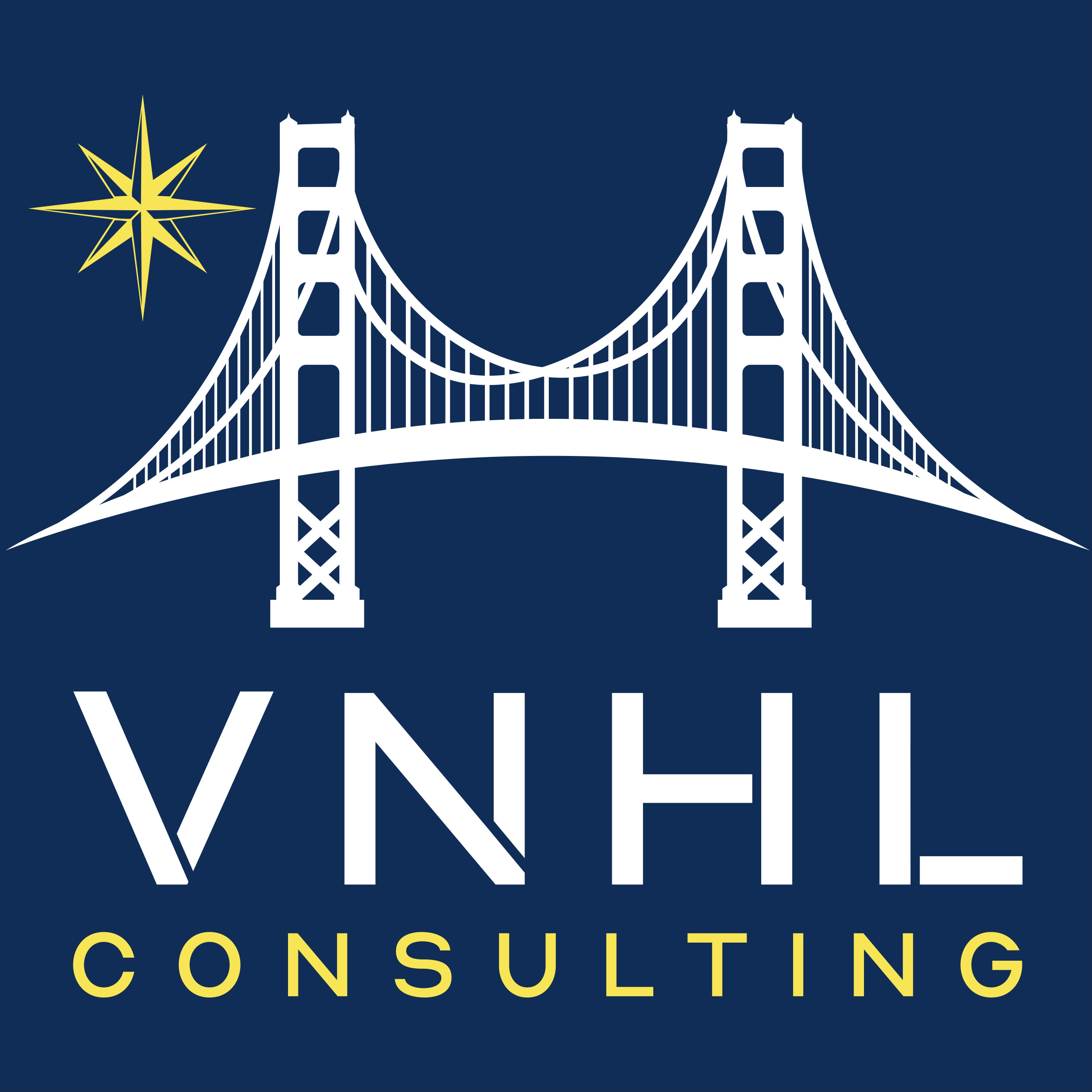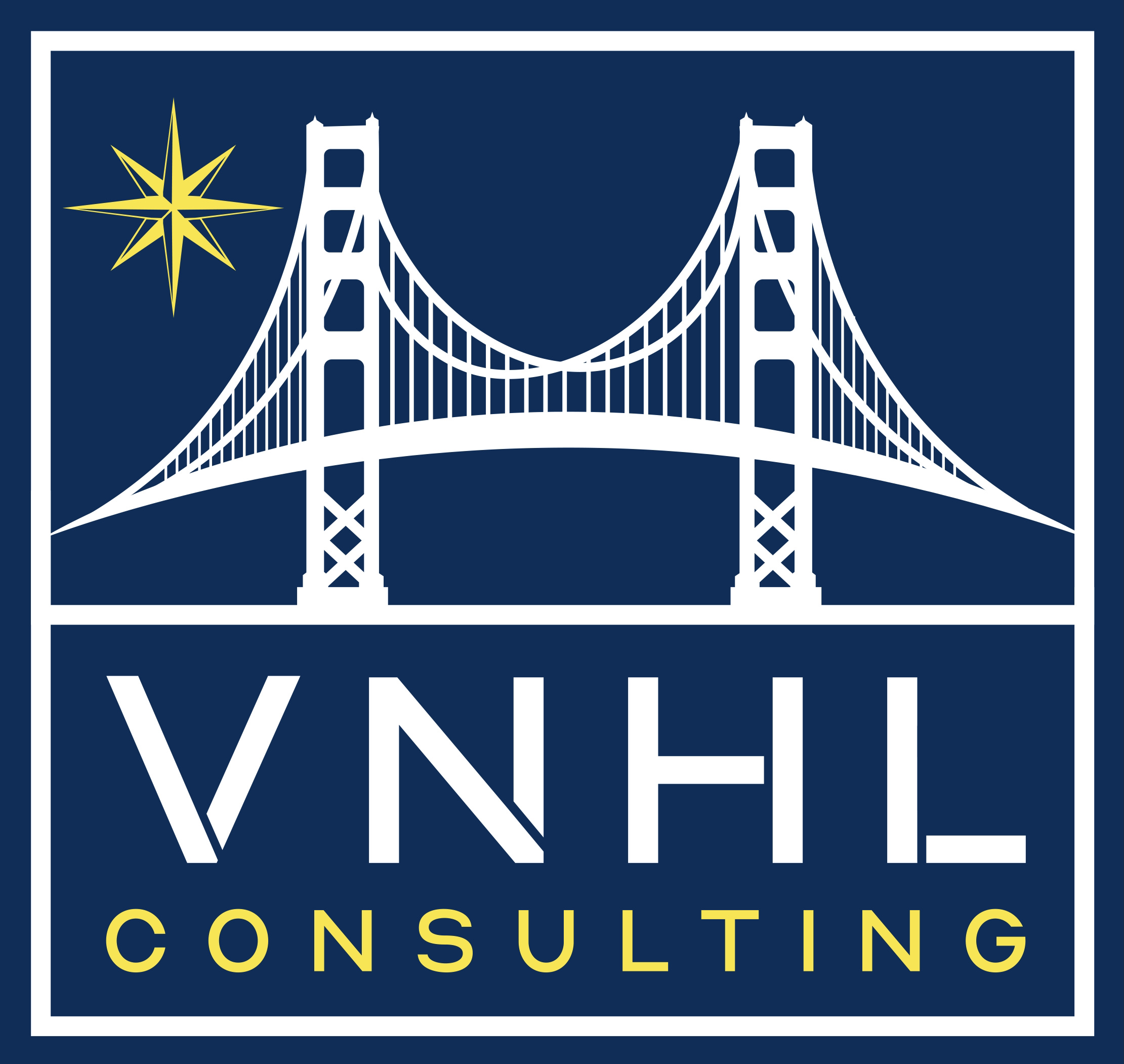UN sustainable development goals (UNSDGs)
- 08/11/2024
- Posted by: Marijn
- Category: Info resources

In short, the United Nations sustainable development goals (UNSDGs) are a universal call to action to end poverty, protect the planet, and ensure peace and prosperity for all by 2030. With 17 goals addressing critical global challenges, the UNSDGs serve as a blueprint for achieving a better and more sustainable future. In this article, we explore these goals and their relevance to businesses and investments in Vietnam. A good part of the info in this article derives from the official UNSGD website. We encourage our readers to visit the website, to learn more about the UNSDGs, and also to see how everybody can contribute to reaching them.
What are the UNSDGs exactly?
Adopted in 2015 by all United Nations Member States, the UNSDGs are part of the 2030 Agenda for Sustainable Development. The 17 interconnected goals aim to balance social, economic, and environmental dimensions of development. Each goal is accompanied by specific targets and indicators to track progress. The UNSDGs include:
- No poverty: Eradicating poverty in all its forms.
- Zero hunger: Achieving food security and promoting sustainable agriculture.
- Good health and well-being: Ensuring healthy lives and promoting well-being for all.
- Quality education: Promoting inclusive and equitable education.
- Gender equality: Achieving gender equality and empowering women and girls.
- Clean water and sanitation: Ensuring availability of sustainable water and sanitation.
- Affordable and clean energy: Promoting access to sustainable and modern energy.
- Decent work and economic growth: Promoting inclusive and sustainable economic growth.
- Industry, innovation, and infrastructure: Building resilient infrastructure and fostering innovation.
- Reduced inequalities: Reducing inequality within and among countries.
- Sustainable cities and communities: Making cities inclusive, safe, resilient, and sustainable.
- Responsible consumption and production: Ensuring sustainable consumption and production patterns.
- Climate action: Taking urgent action to combat climate change.
- Life below water: Conserving marine resources.
- Life on land: Protecting terrestrial ecosystems.
- Peace, justice, and strong institutions: Promoting peaceful and inclusive societies.
- Partnerships for the goals: Strengthening global partnerships to achieve the SDGs.

Why do the UNSDGs matter?
- Universal framework for development: The UNSDGs provide a shared vision and roadmap for governments, businesses, and civil society to work collectively towards sustainable progress.
- Global call for action: Addressing pressing issues such as climate change, inequality, and poverty requires coordinated efforts across sectors and borders. The SDGs emphasize that no one can achieve sustainable development alone.
- Business opportunities: Aligning with the SDGs opens avenues for innovation, market expansion, and long-term profitability. Sustainability-focused strategies can drive growth while addressing societal challenges.
UNSDGs and their relevance for Vietnam
Vietnam has made remarkable progress in socio-economic development in recent years. However, challenges such as: climate change, environmental degradation, and inequality persist. The UNSDGs offer a framework for Vietnam to address these challenges and achieve sustainable development. Here are a few examples of UNSDGs and their relevance for Vietnam:
Climate action and environmental sustainability
Being a country vulnerable to climate change, Vietnam’s commitment to SDG 13 (Climate action) and SDG 15 (Life on land) is crucial. Initiatives to combat deforestation, reduce greenhouse gas emissions, and adopt renewable energy align with the country’s goals under the Paris Agreement. For example, Vietnam’s efforts to expand solar and wind energy contribute to SDG 7 (Affordable and clean energy) while reducing dependency on fossil fuels. Businesses can play a key role by investing in green technologies and adopting eco-friendly practices. This does not only apply to their own goods and services, but also to the partners and providers in their chain.
Sustainable agriculture and economic growth
Vietnam’s progress in modernizing agriculture aligns with SDG 2 (Zero hunger) and SDG 8 (Decent work and economic growth). By investing in advanced irrigation systems and sustainable farming practices, Vietnam enhances food security while increasing productivity and rural incomes. For example, innovative aquaculture practices have improved yields and provided sustainable livelihoods for fishing communities. Businesses focusing on sustainable supply chains can contribute further by reducing waste and optimizing resource use.
Quality education and technological innovation
Improving access to education and fostering innovation align with SDG 4 (Quality education) and SDG 9 (Industry, innovation, and infrastructure). Digital literacy programs in rural areas and partnerships with tech companies to introduce modern education enhance skill development. For example, e-learning platforms have bridged educational gaps, enabling students in remote regions to access quality resources. Businesses investing in training programs and workforce upskilling contribute to building a more competitive and innovative economy.
Sustainable cities and infrastructure
Rapid urbanization presents opportunities and challenges for Vietnam. SDG 11 (Sustainable cities and communities) and SDG 9 emphasize the need for resilient infrastructure, affordable housing, and efficient public transport systems. Innovative urban planning, smart city solutions, and public-private partnerships can help Vietnam build sustainable cities that cater to the needs of its growing population while minimizing environmental impacts.

Business alignment with the UNSDGs
Here are some steps that businesses can take to align with the UNSGDs:
- Identify relevant goals: determine which SDGs align with their operations and industry. For instance, a manufacturing company might focus on SDG 12 (Responsible consumption and production).
- Integrate SDGs into strategy: Aligning corporate strategies with SDG targets ensures that sustainability becomes an integral part of business operations.
- Collaborate with stakeholders: Partnerships with government agencies, NGOs, and communities can amplify efforts to achieve shared goals.
- Measure and report impact: Regularly monitoring and reporting on progress towards reaching SDG targets helps as well. Transparent communication builds trust and demonstrates commitment.
- Innovate for sustainability: Investing in research and development creates sustainable products and processes that address SDG challenges.

Challenges and opportunities
Naturally there are some challenges in reaching the UNSDGs. For example resource constraints: SMEs may lack the financial and technical resources to implement SDG-aligned initiatives. Second example is policy gaps: ensuring consistent policies and regulatory frameworks can be challenging in emerging economies. And a third example is awareness and education: limited understanding of the SDGs among businesses and communities can hinder progress. Fortunately there is at least the same amount of opportunities to be found. For example access to funding: international organizations and development banks offer grants and financing for SDG-focused projects. Second example is market growth: consumers increasingly prefer brands that align with sustainability values, creating opportunities for growth. And a third example is innovation: sustainable practices foster innovation, benefiting both businesses and society.
Conclusion
The UN sustainable development goals provide a transformative agenda for addressing global challenges and building a sustainable future. For Vietnam, aligning with the UNSDGs is essential to achieving inclusive growth, environmental sustainability, and social progress. By integrating these goals into their strategies, businesses in Vietnam can not only contribute to national development, but also unlock new opportunities in a rapidly evolving global market.
VNHL is here to support you
VNHL fully appreciates and supports the United Nations sustainable development goals, as well as the OECD guidelines on responsible business conduct. We closely follow any new developments in this regard, especially now that there is more and more legislation on this topic in the European Union. If you have any questions or requests for support: you can reach out to us via the chat button on the right of this page, or via our contact us page for further information and questions. Our three main services are: (i) consulting, (ii) networking, and (iii) supporting. We look forward to hearing from you and to supporting you.

*Dear reader, even though our VNHL Consulting team always tries its very best to provide its Clients with correct and complete info: we are not a Vietnamese law firm. The information in this post is therefore not meant to, and should also not be construed to, constitute legal advice. For specialized advice in the fields of law, accounting, tax, etcetera: we always recommend our Clients to speak with qualified specialists in those fields. We have several such specialists in our nationwide network, and we are always happy to introduce our Clients to them, when appreciated.


[…] of the United Nations sustainable development goals (UNSDG). A little while ago, we wrote another blog about these sustainability […]
[…] related to newer concepts such as “environment, social, and governance” (ESG), and the United Nations sustainable development goals (SDG). What all these concepts have in common is that they focus on sustainable development. […]
[…] we use our blog posts to zoom in on a topic that is related to sustainability. May it be about the UN Sustainability Goals, or about Responsible Business Conduct: these topics are close to our heart. If you have any ideas, […]